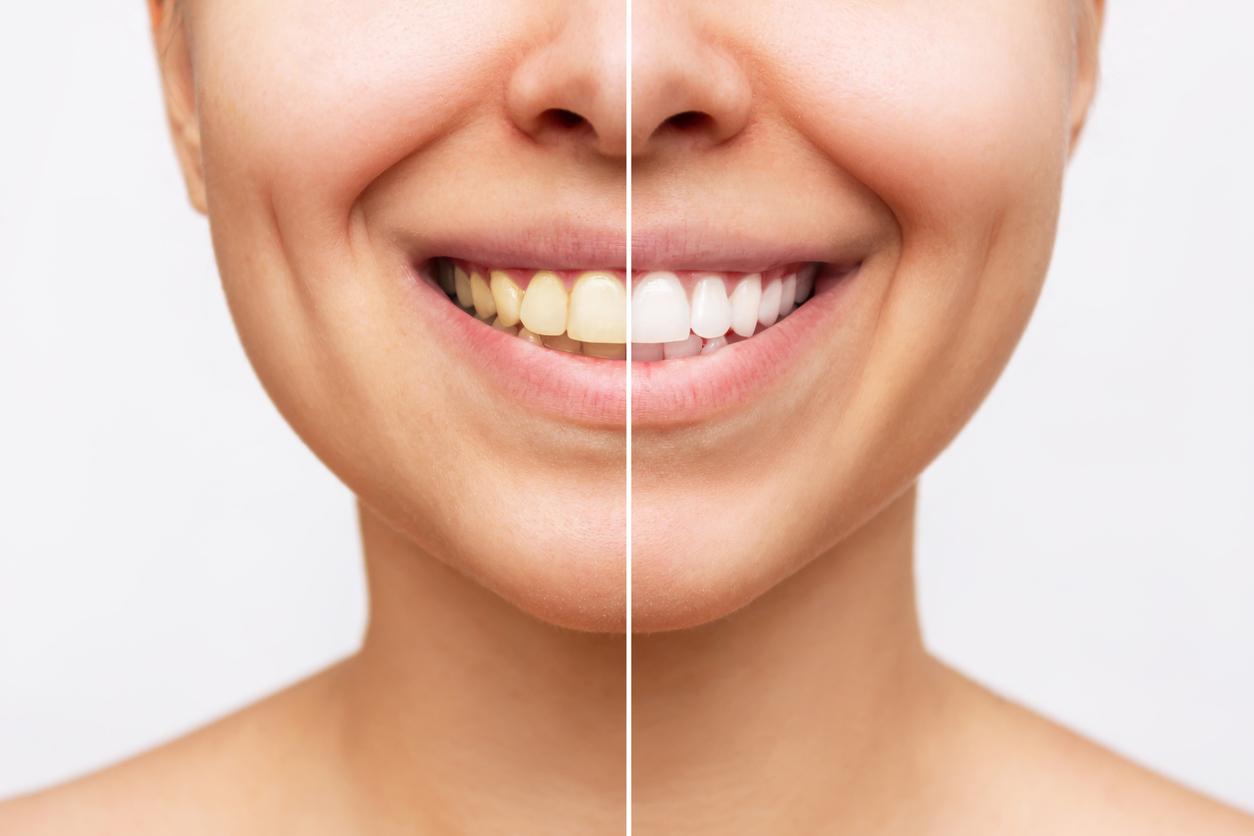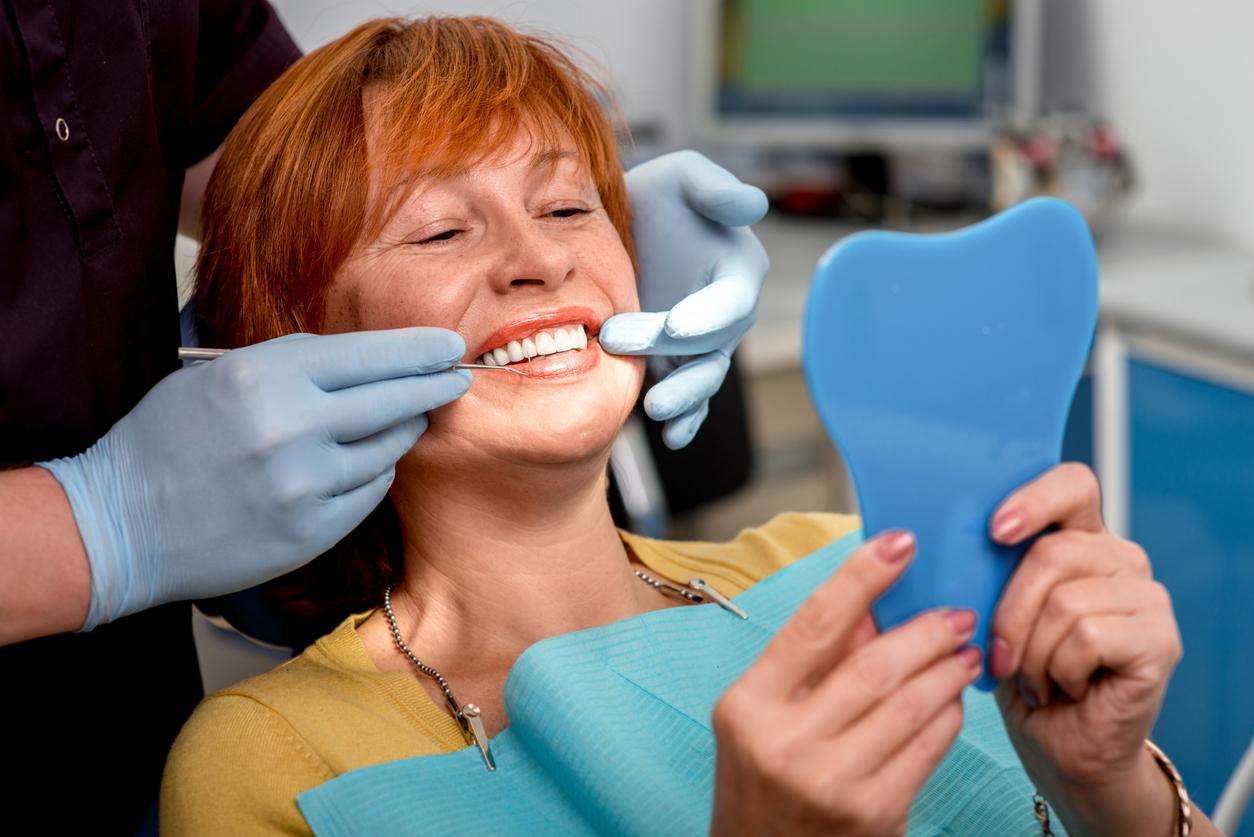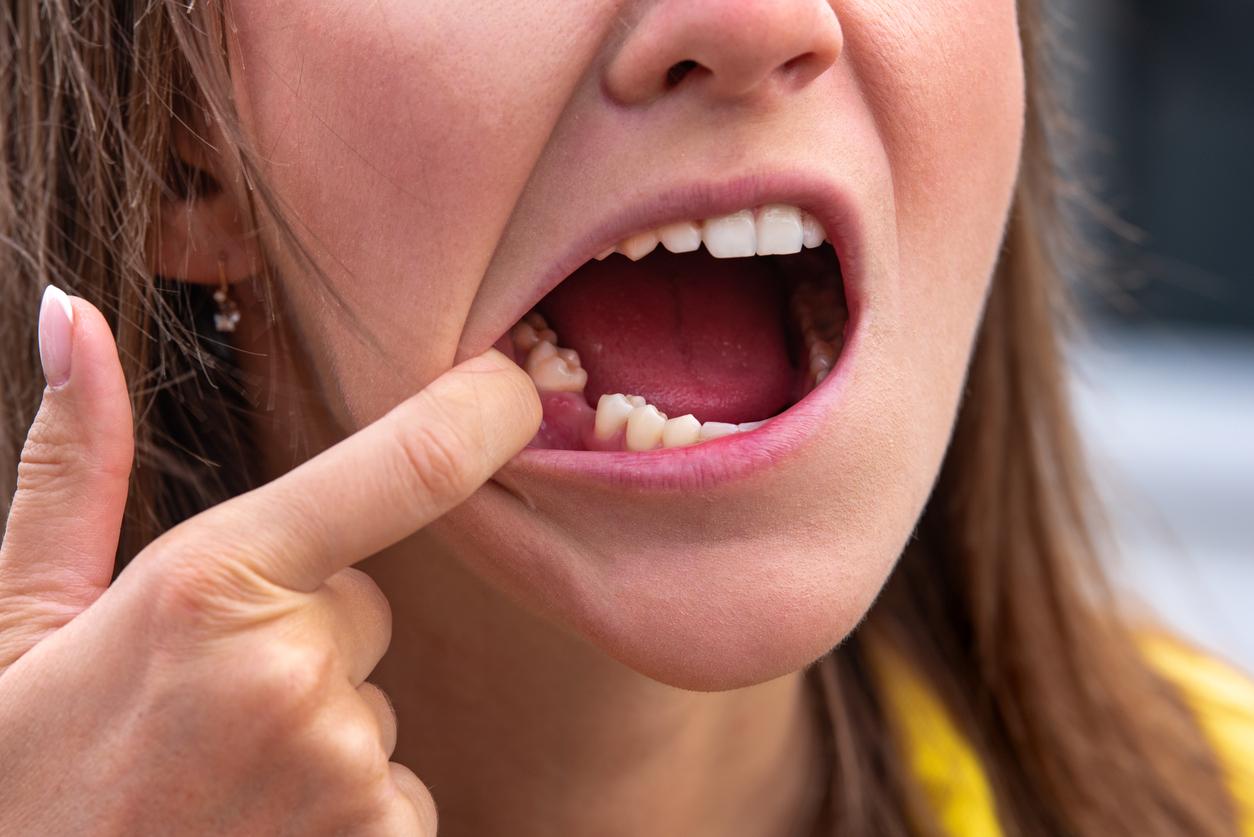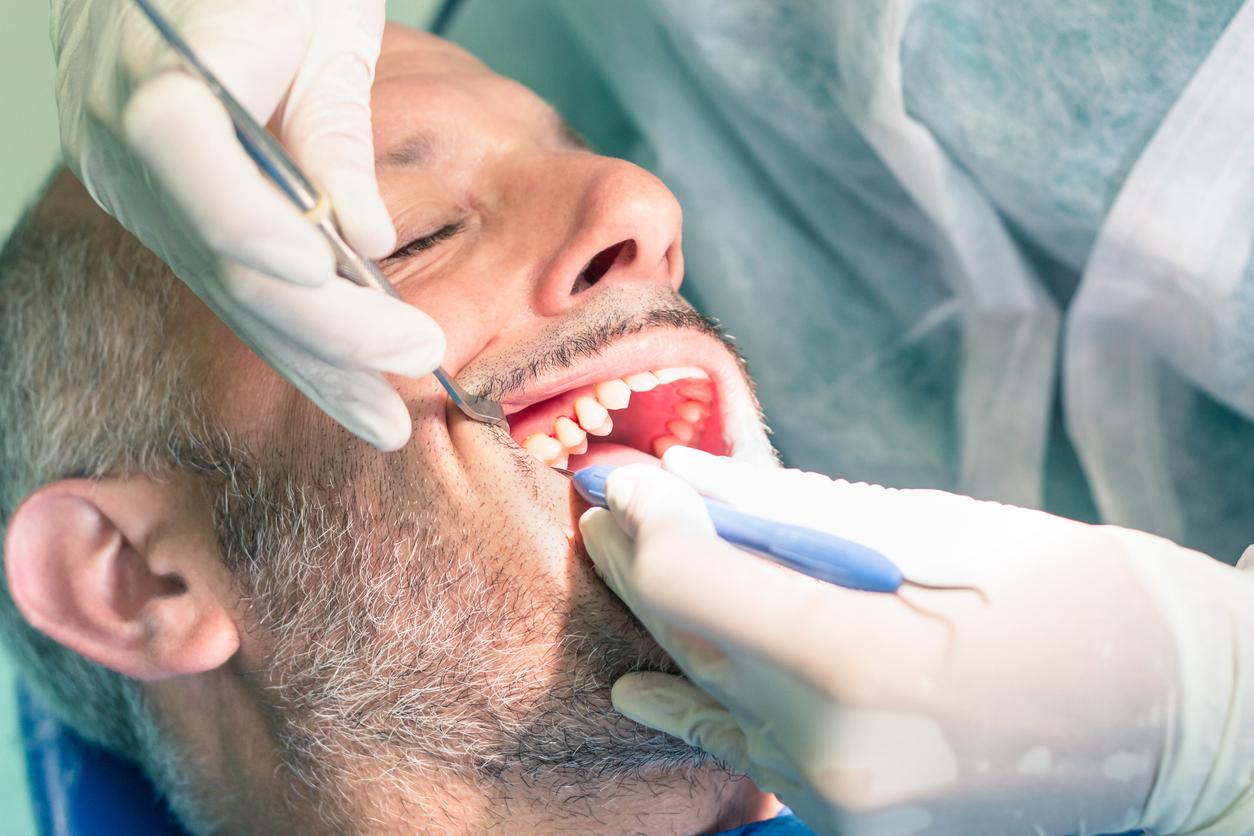Researchers have shown that the teeth of rats treated with bisphenol A were damaged. These changes resemble an enamel pathology affecting many children.

Were the teeth the first victims of bisphenol A? Inserm researchers have shown that rat teeth treated with BPA could be damaged. Analysis of these alterations also shows many features common to tooth enamel pathology affecting many children.
Scientists came to this conclusion by treating rat incisors (5 micrograms / kg / day) with low daily doses of bisphenol A in a development window that did not exceed 30 days after birth.
The first observations of the researchers reported “white spots” on the incisors of these rats. Analysis of these teeth subsequently showed many features in common with an enamel pathology called MIH (Molar Incisor Hypomineralization) that affects the first molars and permanent incisors of children.
This pathology affects around 18% of children aged 6 to 8. The latter then present teeth that are hypersensitive to pain and more susceptible to cavities. “It is interesting to note that the period of formation of these teeth corresponds to that when the individual is most susceptible to bisphenol A”, specify the researchers.
For Sylvie Babajko, who led the study, “insofar as BPA has the same mechanism of action in rats and in humans, it could be a causal agent of MIH”. And the researcher concludes, “the tooth could therefore be used as an early marker of exposure to endocrine disruptors acting like BPA and thus help to detect serious pathologies appearing several years later”.
BPA is a chemical compound that is used in the composition of plastics and resins. It is used in the manufacture of food containers such as bottles and baby bottles, recalls Inserm. Recent studies have shown that this industrial compound induces harmful effects on the reproduction, development and metabolism of laboratory animals. It is strongly suspected of having the same consequences on humans. This is why as a precautionary measure, the manufacture and sale of baby bottles containing bisphenol A have been banned since January 2011 in Europe. This ban will extend to all food containers from July 2015 in France. And, in this study, tooth is added to the already long list of BPA targets.
.
















